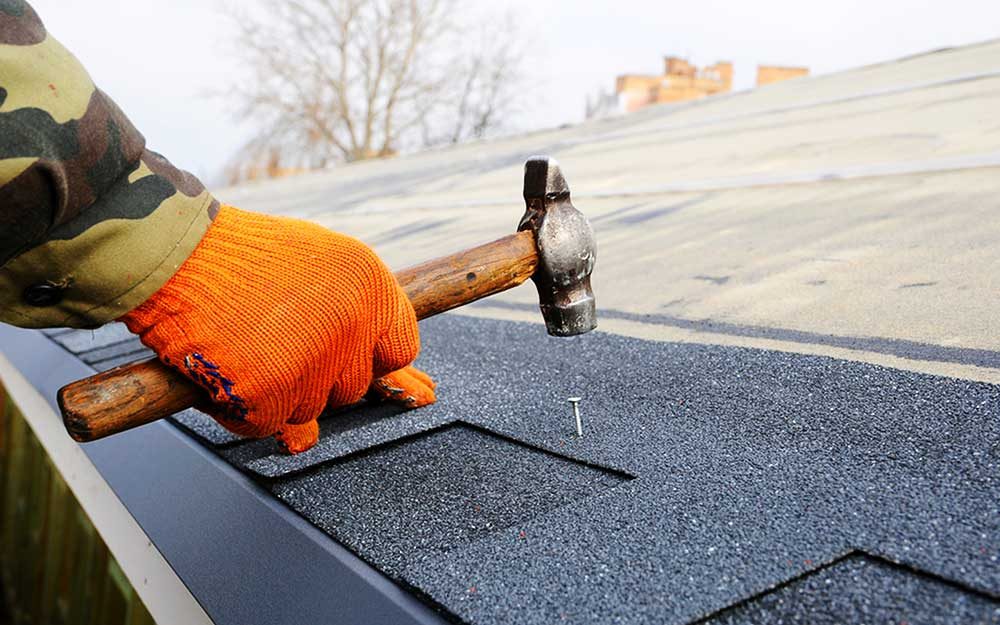
Many people want to get in on DIY home improvement. Curiosity might have killed the cat, but curiosity for individuals who engage in DIY home improvement is gold. The reason for this is that often, curiosity is the strongest “hook” in every DIY home improvement project.
Interestingly enough, this curiosity pushes people to pursue seemingly daunting tasks: replacing the electric gate closer, repairing faulty electric wiring, fixing broken furniture, replacing worn-out parts of the wall, etc. Though the general success rate for these attempts varies, there remains the fact that many people continue with their DIY projects, sacrificing time and cash just to complete a project.
The pleasure is in the making, as they always say. However, there would be less trouble ahead if common trouble issues are known and avoided.
The Usual Trouble Spots
- Willingness to finish- no DIY home improvement project would prosper if you are not willing to “attack” a project until its logical conclusion. DIY sometimes has a bad name because some people start two or three projects and abandon them midway.
What happens when a person treads on the dangerous territory of DIY home improvement laziness? The house will be in shambles, or at least will suffer from a lot of clutter.
One should not sacrifice the beauty of a home to do-it-yourself shenanigans. If you don’t have enough willpower to replace the door that you just forcefully removed with your power drill, then perhaps it’s time that you put it back to where it was before.
Never begin a big project that you cannot finish at all. To do so would be a waste of valuable resources.
- Lack of skill- let’s face it. Not everything in life could be achieved through sheer willpower alone. You should take time to learn and develop the necessary skills as well.
If you have no prior experience with carpentry, that can be remedied by studying the basics of carpentry. If you don’t know how to tinker with the electrical system of your house, then that’s okay, do your research first before you start pulling out the wires from their rightful places within the walls.
DIY or do it yourself-is not guesswork- it’s far from it. In its best manifestation, do it yourself is the application of what you learned on your own so far. Though some people might consider it play, it isn’t. DIY home improvement is not about messing around with a few pieces of wood and some nails, laughing about how horrible the finished product is, and throwing away the product of your labor.
This pervading mindset in DIY is harmful in many ways- first, it tarnishes the very basic precepts of DIY, and it defeats the purpose of “doing it yourself”. If you go about it like a simple school project, chances are you would be wasting cash on something that you should have just bought in a shopping mall or a department store.
